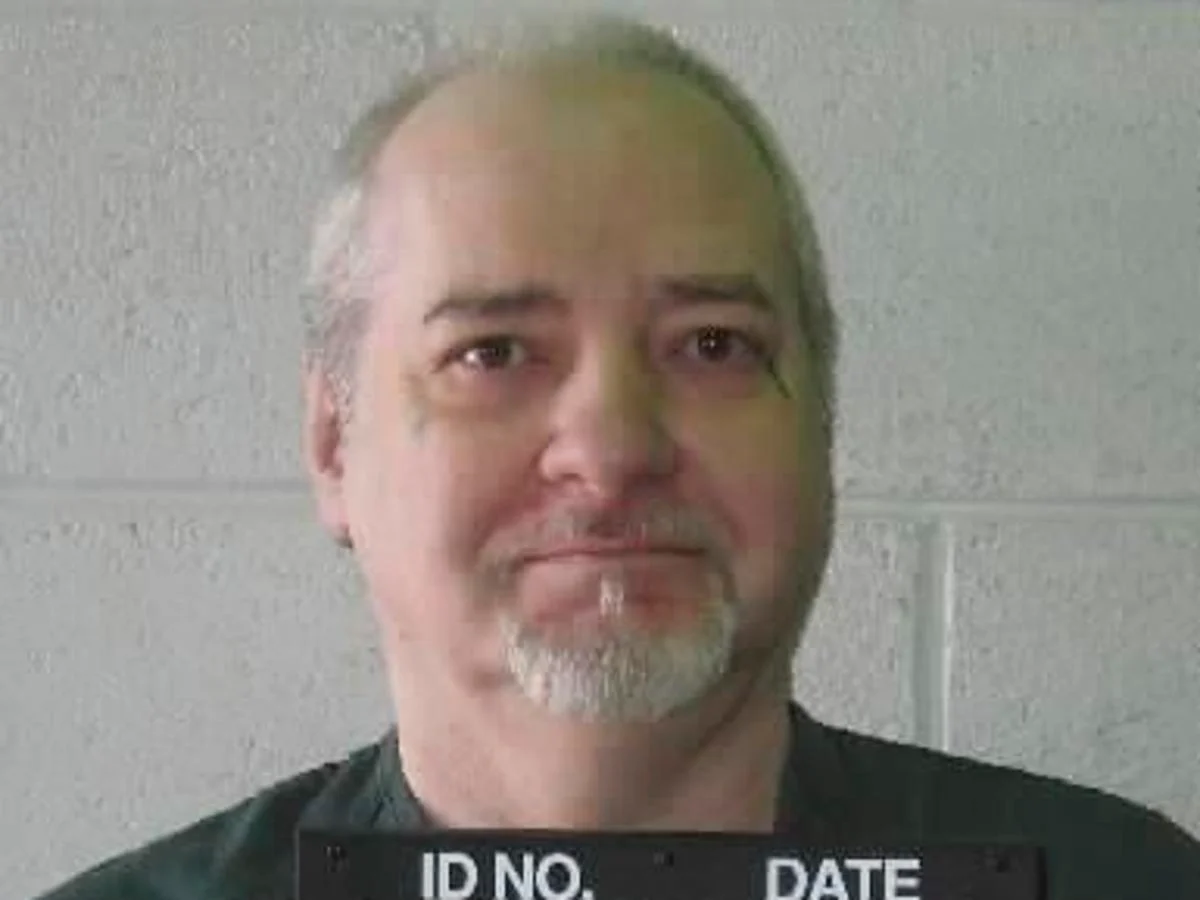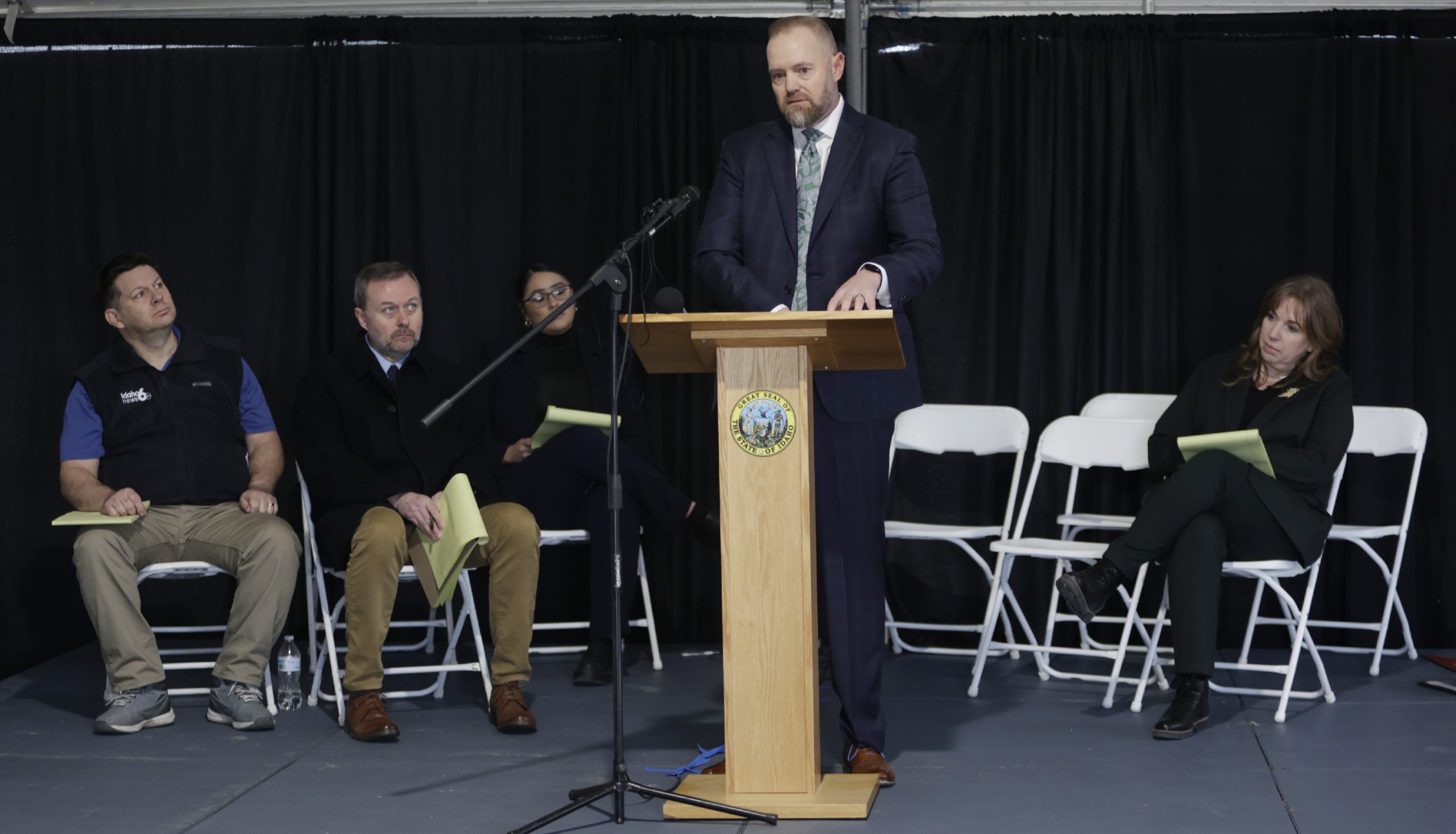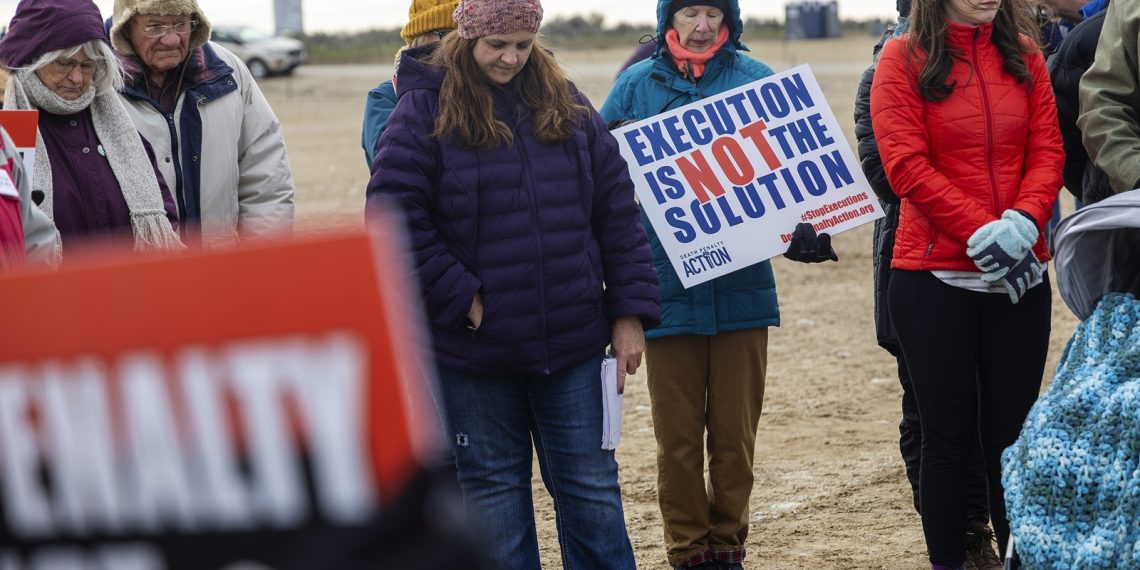Idaho authorities halted the execution of death row inmate Thomas Creech due to the failure to establish an intravenous line for a lethal injection, as stated by the state Department of Correction.
Creech’s execution, intended to be the first in Idaho in 12 years, encountered a setback when medical personnel couldn’t access his veins after multiple attempts.

The execution, deemed “unable to proceed” by Idaho Department of Correction Director Josh Tewalt, saw the medical team trying eight times to establish IV access, following the department’s policy. Despite their efforts, challenges arose, including issues with vein quality, leading to the decision to stop the process.
Thomas Creech, 73, faced execution for the murder of another inmate in 1981, along with additional convictions for multiple other murders. The aborted execution comes amidst a backdrop of declining executions nationwide, with Idaho having carried out only three since 1976.
While Idaho law allows for alternative execution methods like the firing squad, logistical constraints currently hinder their implementation. The state’s lack of facilities for such methods prompts discussions on the next steps in Creech’s case.
The failed execution parallels previous challenges in other states, such as Alabama, where attempts at lethal injections have faced obstacles. Idaho’s struggle underscores broader issues surrounding capital punishment, including the availability and ethical considerations of execution drugs.

As the debate over the death penalty continues, Creech’s case highlights the complexities and uncertainties inherent in carrying out capital punishment. The incident prompts reflections on the efficacy and humanity of lethal injection as a method of execution.
Despite the setback, authorities remain committed to the legal process, with discussions on potential next steps expected in the coming days.





